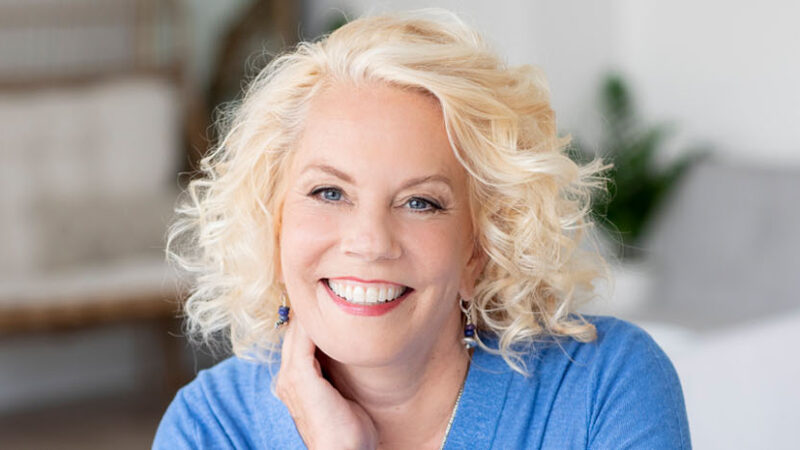
Most of us come from secularized backgrounds from which spiritual forms, practices, and rituals have been scrubbed away, and we tend to have an aversion toward things like altars. However, most members of the world’s religious population keep a personal altar or shrine in their home, where they connect with and perform rituals to ancestors, saints, and the Divine, even amid modern, urban lives. In Western secular culture, altars have morphed into man caves, home theaters, or packed closets where we worship the gods of fame, beauty, and success. Consider how much time, energy, and prioritization we give these. Sound judgmental? Would it be judgmental for me to say a crisp, fresh kale salad is healthier than a bucket of fried chicken, or a run in the park more vitalizing than a television binge? We’ve been trained to abandon discernment—some things are better for us than others. It’s not all good.
If you can see an altar as psychological or emotional equipment—a bench press for the mind, augmentation for the heart—it might change your opinion. One of my teachers once said, “Clean your house as if the Dalai Lama was coming to visit for tea.” Now imagine sitting down at your altar with the Dalai Lama. It makes for an incredibly different experience if you picture an inspiring person right there with you. This may change your mind, not because of anything magical or special that is out there, but because the visualization shifts the quality of your experience. This altar is not for anybody else. Whose mind improves if you look at your altar and see a real Buddha instead of a bronze statue of a Buddha? Yours.
When Tibetan Buddhists set up altars, they put many objects on them, but three are central:
- Buddha statue (symbolizing awakened body)
- Scripture or other text (symbolizing awakened speech)
- Stupa or other shrine (symbolizing awakened mind)
So when you sit facing an altar, you become familiar with transforming your own body, speech, and mind.
The body or form of a Buddha (rupakaya), particularly the aspects of compassion and engagement, is represented by a statue placed in the middle of the altar. Your Buddha might be a Tibetan thangka painting or a simple stone. It might be a photograph of the Dalai Lama or Pope Francis, an image of Pema Chödrön or Martin Luther King, Jr. No matter who or what it is, imagine it’s the embodiment of a real, living Buddha inviting you to practice, inspiring you to evolve.
Here is how I set up my Buddhist altar, but you can always arrange things and add or take away things as it works for you:

Excerpted from Gradual Awakening: The Tibetan Buddhist Path of Becoming Fully Human, by Miles Neale.

MILES NEALE, PSYD, is among the leading voices of the current generation of Buddhist teachers and a forerunner in the emerging field of contemplative psychotherapy. He is a Buddhist psychotherapist in private practice, assistant director of the Nalanda Institute for Contemplative Science, and faculty at Tibet House US and Weill Cornell Medical College.
Dr. Neale is co-editor of and contributor to the groundbreaking volume Advances in Contemplative Psychotherapy: Accelerated Healing and Transformation and author of Gradual Awakening: The Tibetan Buddhist Path of Becoming Fully Human. For more visit milesneale.com.

Buy your copy of Gradual Awakening at your favorite bookseller!
Sounds True | Amazon | Barnes & Noble | Indiebound









